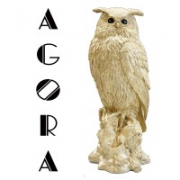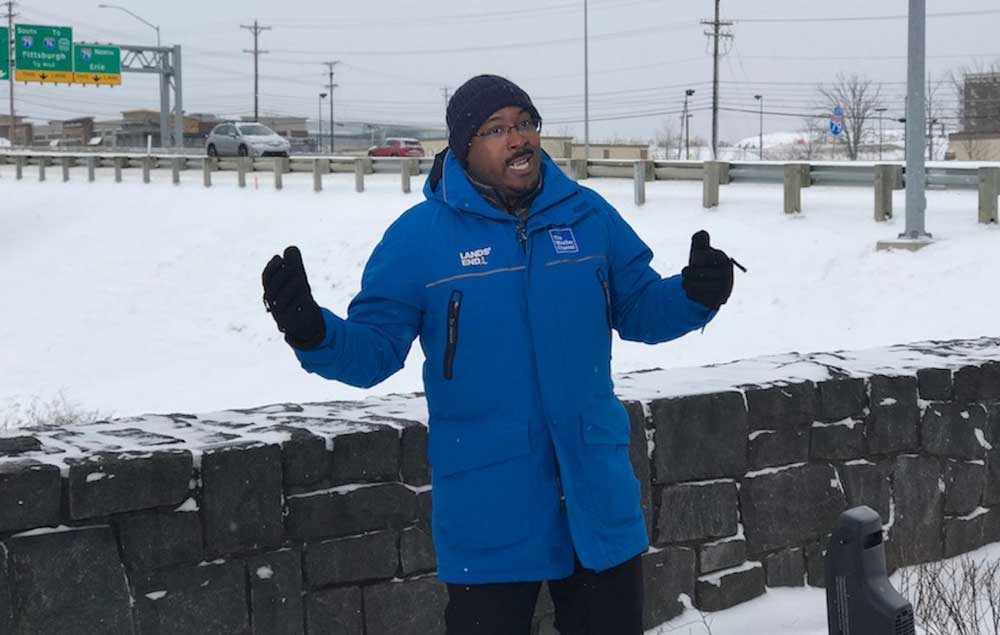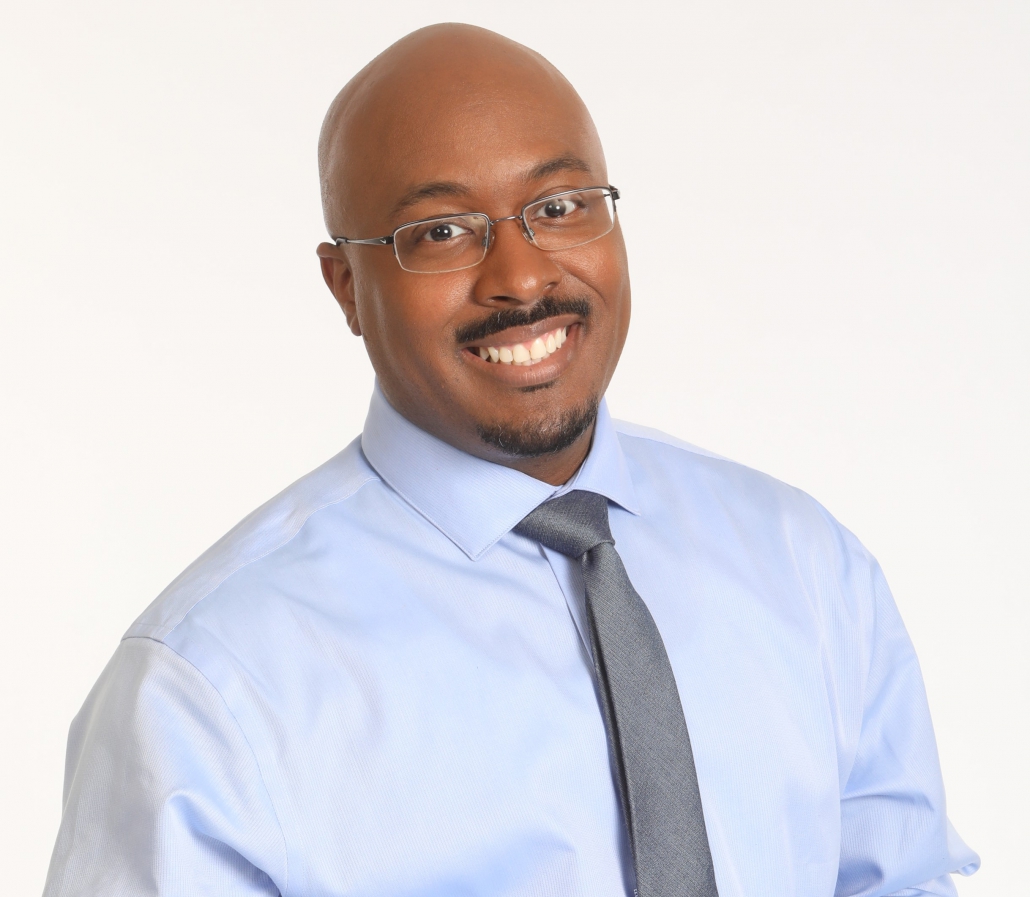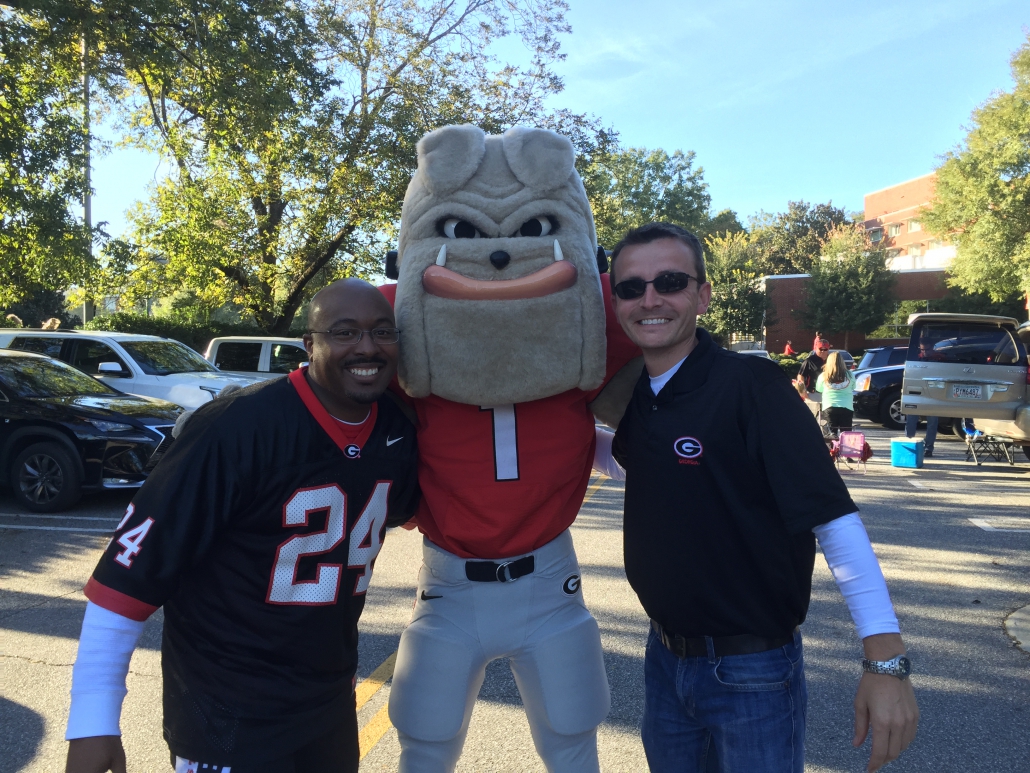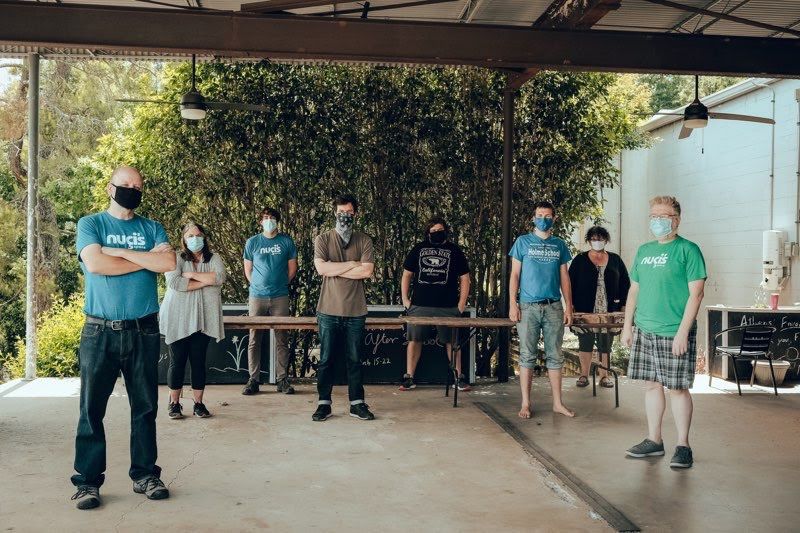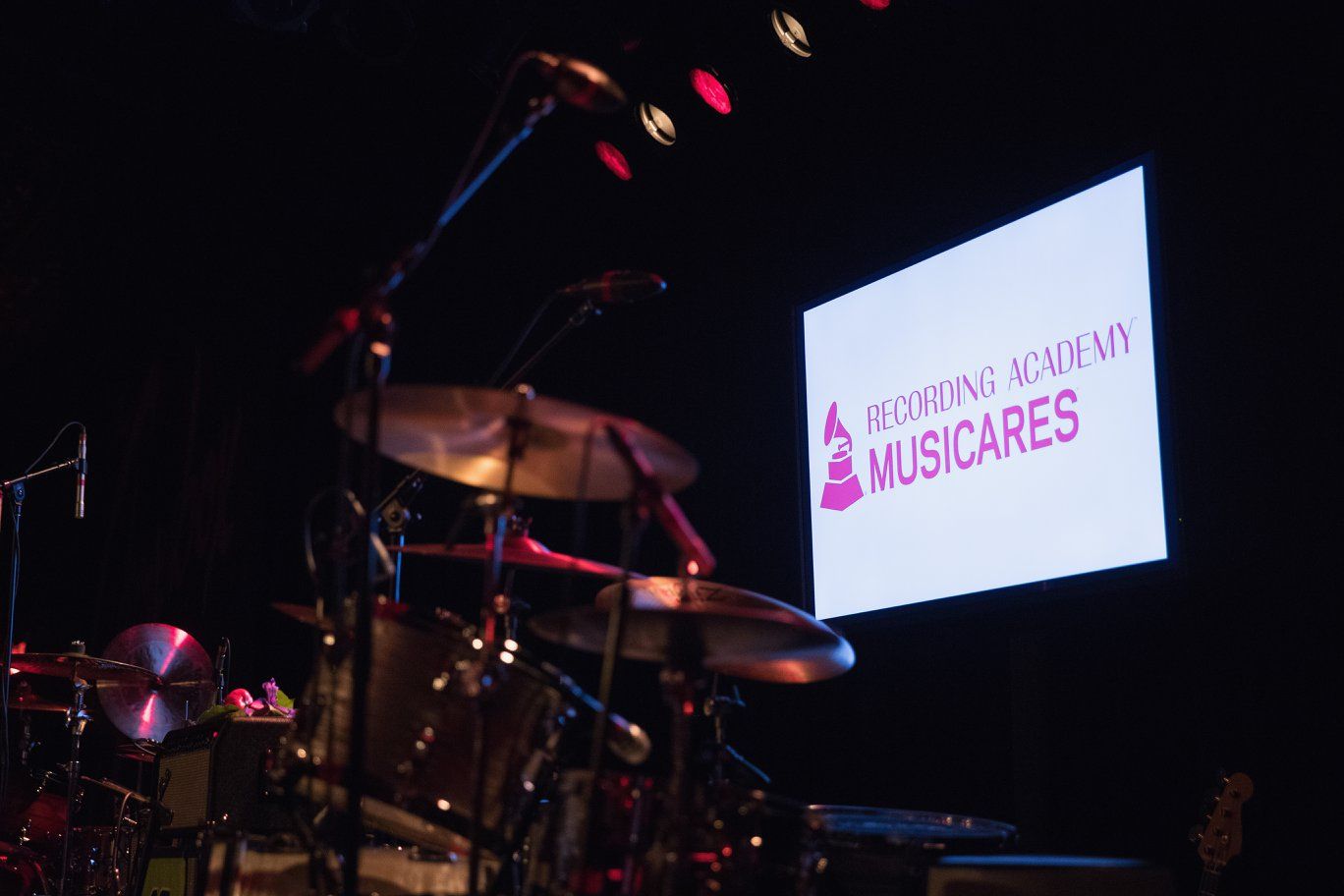National Entrepreneurship Week: Q&A with Jasmyn Reddicks (BSA ’18)
Jasmyn Reddicks (BSA ’18) is the owner and founder of VTasteCakes, an Atlanta-based vegan bakery. While studying food industry marketing and administration at the University of Georgia, Jasmyn won the College of Agricultural and Environmental Sciences’ 2018 Food and AgriBusiness Entrepreneurial Initiative (FABricate). After graduating, Jasmyn launched her business and has been baking made-to-order cakes, cookies, cupcakes and muffins ever since.
In commemoration of National Entrepreneurship Week (Feb. 13-20), Jasmyn shares how her passion for baking with her family led her to launch a business that has a dessert for every Bulldog.
Before entering the FABricate Entrepreneurship Initiative, did you plan to launch a business after graduation?
Not exactly. I always knew I wanted to start a bakery one day, but I never thought it would be so early in life. I didn’t realize that I was limiting my own abilities by thinking too small until the opportunity to start a bakery presented itself. After my mentor, family and friends convinced me that I had a good enough idea to participate in the FABricate project, I decided to go for it. It ended up being one of the best decisions of my life.
What led you to combine your passion for baking with a vegan diet?
I was inspired by my friends who have food allergies. I grew up baking, but the older I got, the more I realized that many people have allergies to baked goods. After learning about the limited options that existed and consuming a few, I realized there was a big opportunity for improvement. I wanted to create a dessert that is delicious, beautiful and that anyone can eat!

How did FABricate and other UGA programs prepare you to start and operate VTasteCakes?
The FABricate competition sparked my motivation that anything is possible no matter who you are. I transferred to UGA, and FABricate helped me find purpose at a large school. It also gave me many resources that I still use today. The UGA Small Business Development Center has helped me with funding and growing a small business. I also received funding from UGA’s Next Top Entrepreneur competition in 2019.
You often cite the influence of your grandma on your passion for baking. Do you consider your business a way of honoring her?
In many ways, I do. I am thankful for my upbringing. Baking was always a way to bond with my family and build community, which are two things I value. This has helped cultivate my view on life and inspired me to bring people together, one dessert at a time.
Have you encountered any challenges as a Black woman owning a business?
I think the biggest challenge is being respected and taken seriously. I don’t get automatic validation without having to prove it. But I have learned to overcome these challenges with grace. When people go low, I do the opposite and go high!
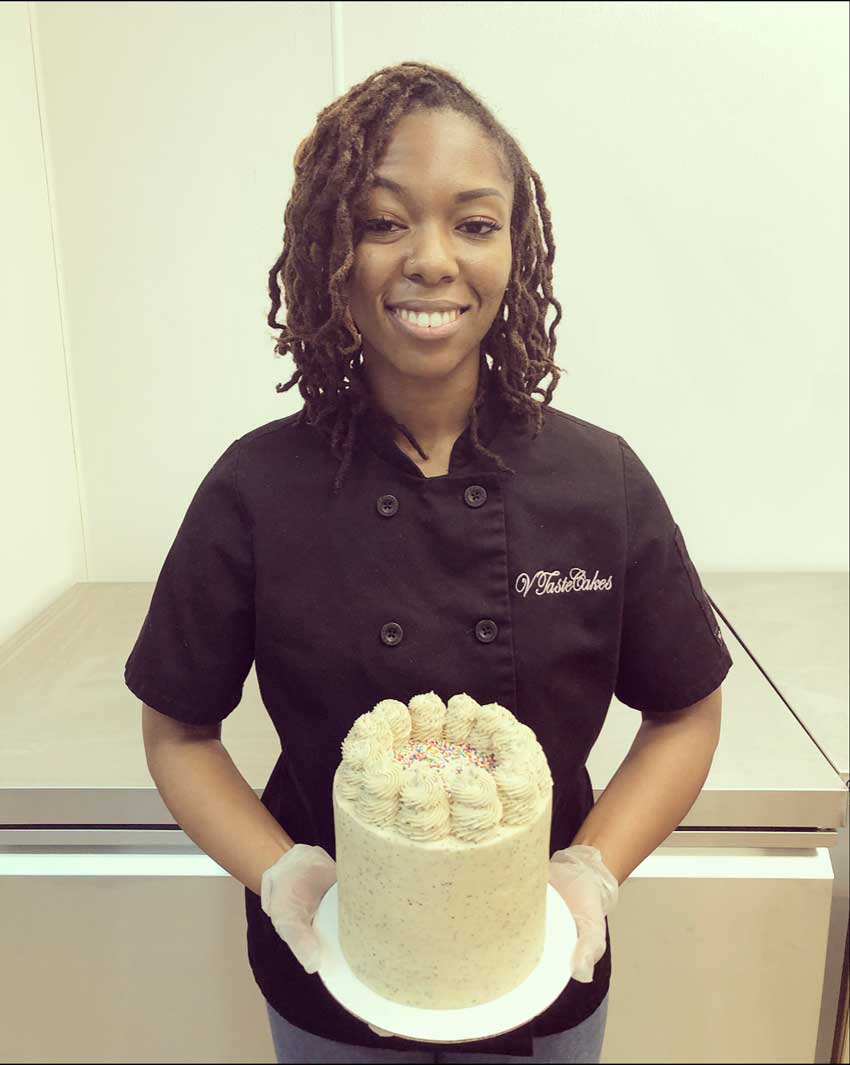
Since graduating, leaving Athens and launching your business, what have you learned?
The biggest lesson I have learned is to enjoy every moment, even the tough ones. As an entrepreneur, there are highs and lows, but it is a beautiful thing to look back on how far you have come and how much you have grown as an individual. It still amazes me all the support I received over the years.
Do you have a preference for baking cakes or cupcakes?
Surprisingly, I am learning that I love to do cakes more. I feel like I am able to express my creative edge in my designs.
Can you share advice for Bulldogs who want to start their own businesses?
My advice would be to go for it and to choose passion over money. This is the perfect time to research an idea, test it out and not be afraid to ask for help. If you put in the hard work, avoid shortcuts and be consistent, it will pay off.
Your support today will help prepare tomorrow’s entrepreneurs and innovators.















